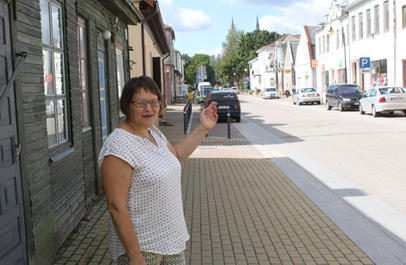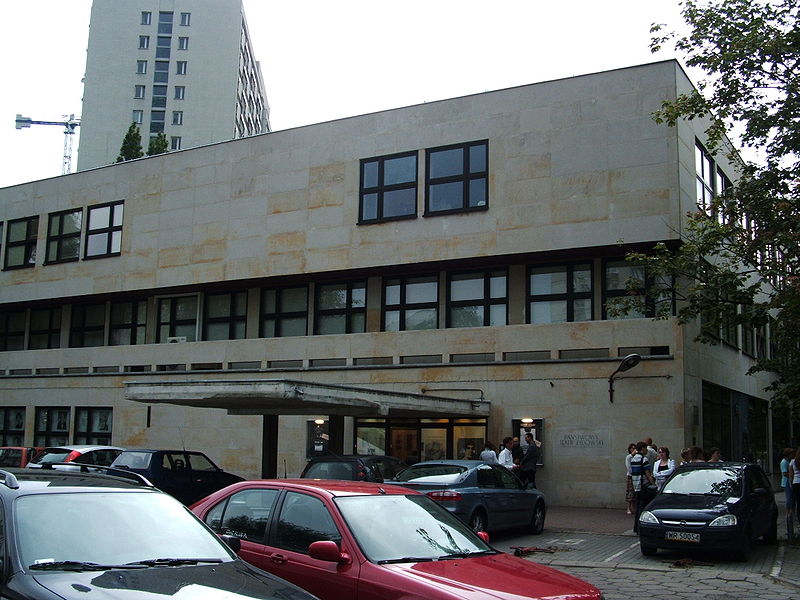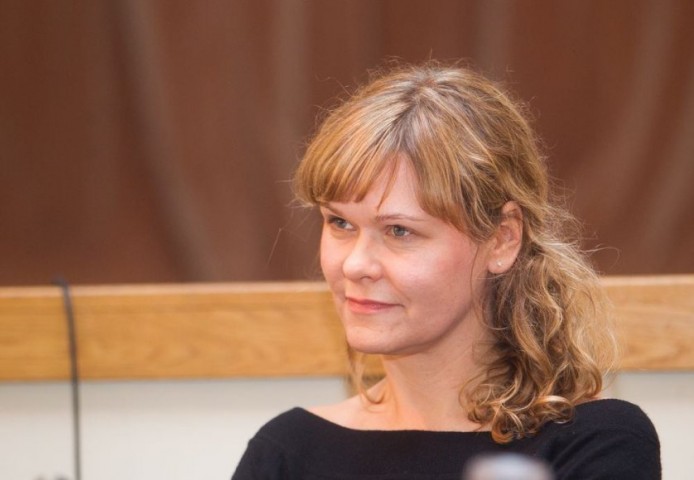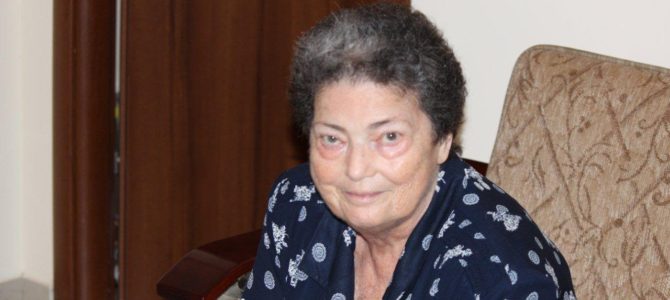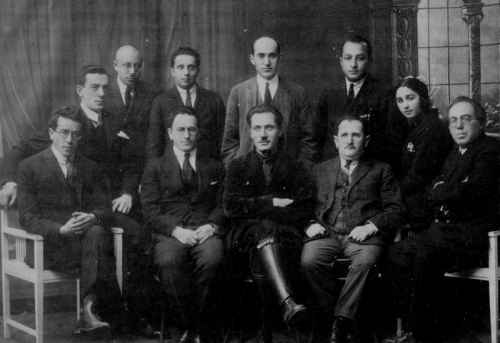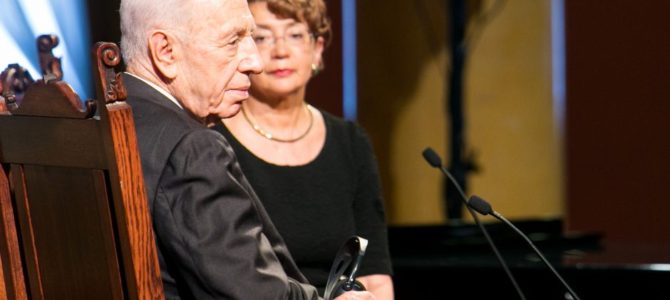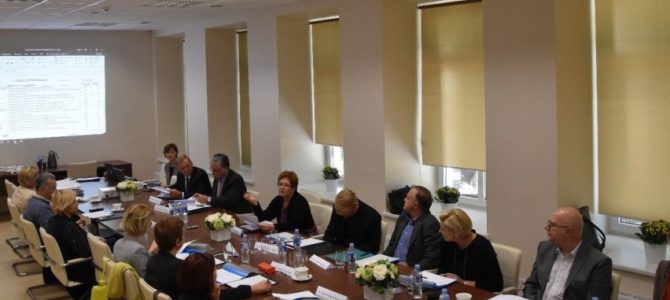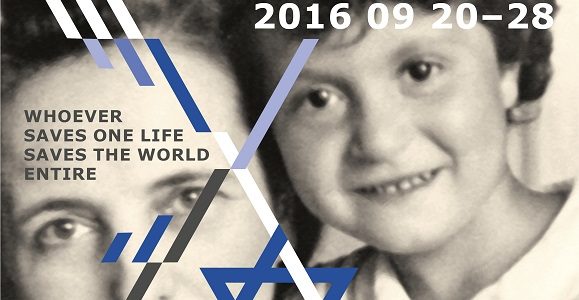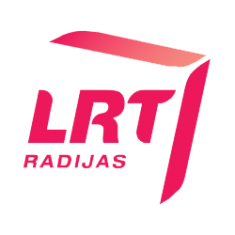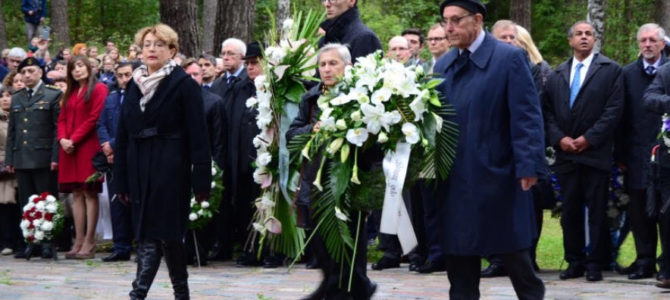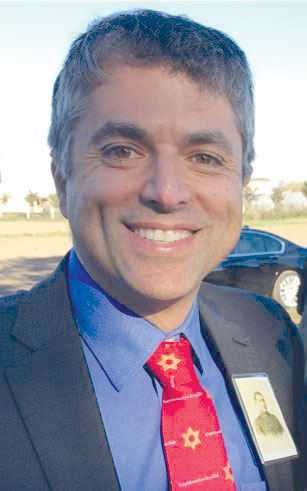Press release, November 9, 2016
For the third year in a row Jewish communities around the world will host challa baking events and Sabbath celebrations. More than 1,006 cities around the world are participating in this enchanting event, and this year Vilnius is one of them. The Lithuanian Jewish Community officially joins the Shabbat Project Thursday, November 10, when we will host an evening of baking that special Jewish bread called challa with Community members and friends.
Challa is a special bread baked for Sabbath and holidays among Jewish families. The process of making and breaking challa is deeply rooted in tradition and religion. The word’s primary meaning is that of loaf or bun, as recorded in the Book of Numbers or Bamidbar in the Old Testament or Tanakh, and was one of the first commandments given the Israelites as they were preparing to leave the wilderness for the Promised Land: “Ye shall offer up a cake of the first of your dough for an heave offering: as ye do the heave offering of the threshing floor, so shall ye heave it.” (Numbers 15:20)
The event will feature a brief history of the Sabbath, music and hymns, kneading the dough together and baking traditional Sabbath challa. Ester Izakson, the wife of the rabbi of Vilnius, will lead the event. She will present the ceremony of separating a portion of the dough for the cohen, the haFrashat khalva, one of the three commandments incumbent of women in Judaism.
We’ll begin activating the yeast at 6:00 P.M. on November 10 at the Bagel Shop Café, Pylimo street no. 4, Vilnius. The Lithuanian Cultural Council is supporting the event.
The event will be attended by Lithuanian Jewish Community chairwoman Faina Kukliansky with family members, foreign ambassadors and guests.
For more information, contact Dovilė Rūkaitė, director of projects for the Lithuanian Jewish community, at projects@lzb.lt
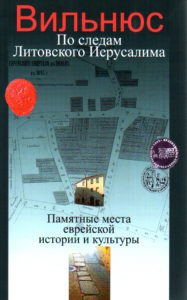


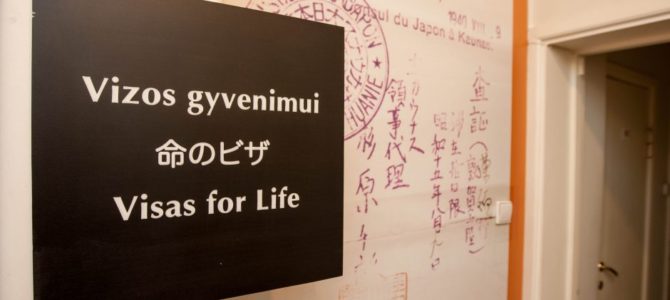
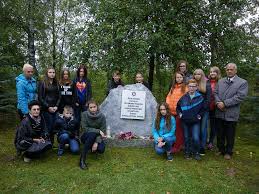
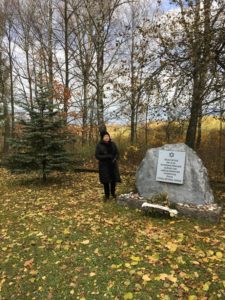 Monument to Holocaust victims in Kaktiškės
Monument to Holocaust victims in Kaktiškės